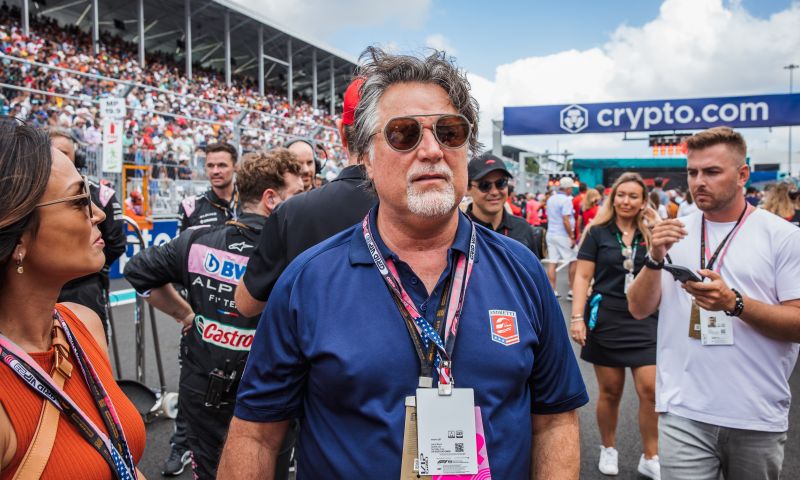Background | Andretti close to F1 licence: what's next?
General

- Ludo van Denderen
After years of lobbying, Michael Andretti seems to have achieved his goal: getting a Formula 1 licence from the FIA, which should allow US-based Andretti Global to join the grid from 2025 onwards. Auto, Motor und Sport reported about rumours at Monza that Andretti meet all the conditions and will get a 'go' from the motorsport federation as early as September. However, there is still one big hurdle to overcome: the current F1 teams must agree to Andretti's entry. What is the next step now for the Americans?
For months, the FIA did due diligence on Andretti Global, and that investigation is now said to have ended. This required Andretti to demonstrate how the structure within the team was, who was working in managerial positions, whether there were qualified staff and whether the factory met F1 standards. Soon, Andretti would be officially told by the FIA that the stipulated conditions from the association had been met.
It's up to the F1 teams
However, this does not imply that Andretti Global will actually be active in F1 from 2025. The FIA's approval is step one, now the existing teams still have to consider Andretti Global's entry. It is no secret that these are not eager to allow the Americans in. The teams fear, for instance, that their revenues will decrease once they put an eleventh team on the grid.
The teams also want to prevent Andretti from using Formula 1 to make quick money, for example by letting the new team change hands after only a short time. Moreover, the teams want a guarantee that Andretti Global will add value commercially and athletically. Understandably, there are doubts about the latter. Haas - the last team to join Formula 1 from nowhere - have still not managed to be a structural middle (let alone top) team after eight seasons. For Andretti Global, a scenario similar to Haas' is real, involving years of hobbling along at the back.
Andretti dependent on Alpine
Moreover, in terms of car development, Andretti seems to be following Haas F1's philosophy (by necessity): the power unit will soon be bought from Alpine, as will as many parts as possible. Around seventy per cent of the Andretti car will come from Alpine's factory, with the rest to be produced by the Americans themselves. Similarly, Haas work with Ferrari, and it is not a complete success. In fact, the quality of the Alpine and the Alpine power unit is inferior to anything Ferrari makes.
General Motors have partnered with Andretti through its Cadillac brand. At an earlier stage, the car group indicated they might want to produce their own power unit, but 2026 - when the new engine regulations take effect - is too early anyway. Even 2027 seems unrealistic. In short, Andretti can probably do nothing but knock on Alpine's door for at least three seasons.
Andretti is a guarantee of success
At the same time, Andretti has shown in other classes to always become successful, even if it sometimes takes a while. See, for example, the adventure in Formula E, the class the team won with Jake Dennis in 2023. Owner Michael Andretti is a true motorsport man, with a huge passion for the sport. Andretti does not rest until he is successful. It is not in his character to approach Formula 1 in a different way than, say, Formula E or IndyCar. He wants to succeed, and he is going to succeed.
In that respect, the current F1 teams do not need to worry. But whether that is also enough to convince them to follow the FIA's expected example? Good question, to which the answer cannot be given. F1 teams do need to realise that refusing Andretti - if it meets all the FIA's requirement - is difficult under European law. Only if safety is at risk or there are legitimate concerns about the entry process (which is indeed arbitrary) can a team normally be refused of entry.
There even appears to be a possible scenario where Andretti enters the races but is not covered by F1 teams' Concorde Agreement. In that case, Andretti's cars would not be pictured during Grands Prix nor would the Americans then receive prize money. It seems inconceivable that Andretti would decide to do this, especially since Formula 1 would then become a very loss-making business.
Nevertheless, another interesting few weeks await Andretti Global, the outcome of which is unclear.

